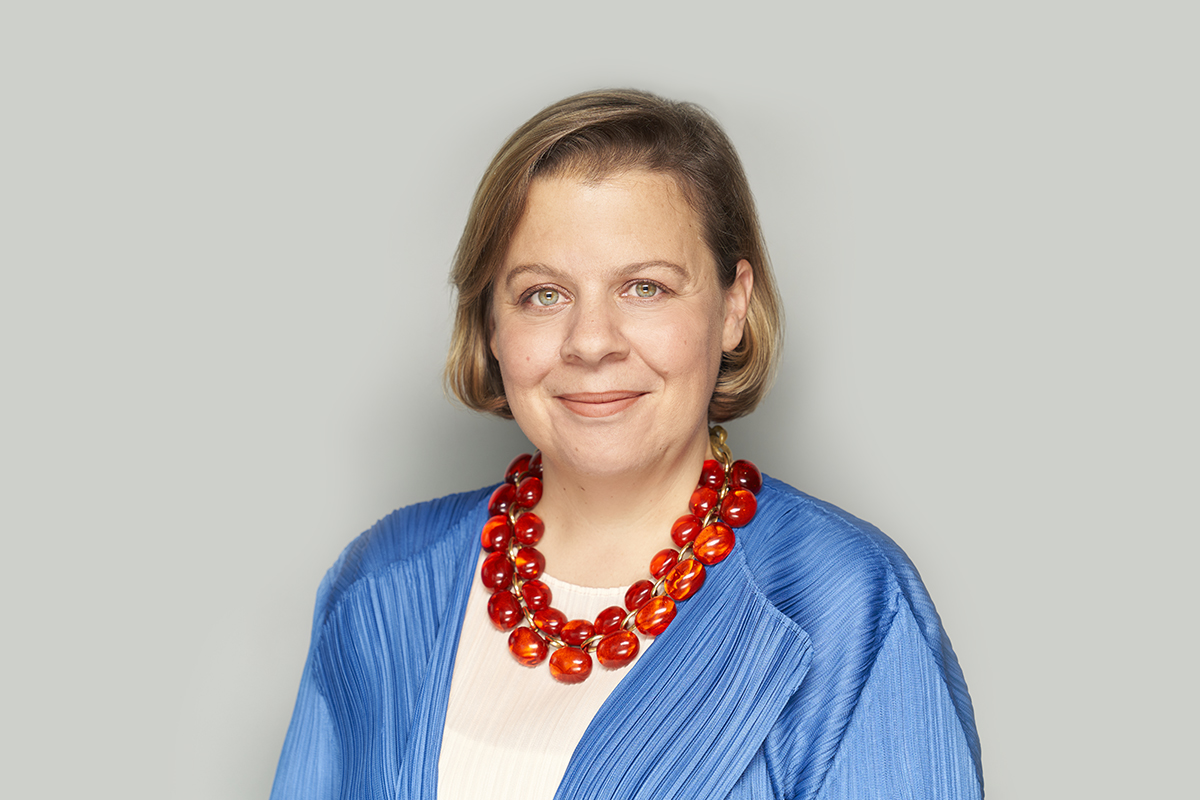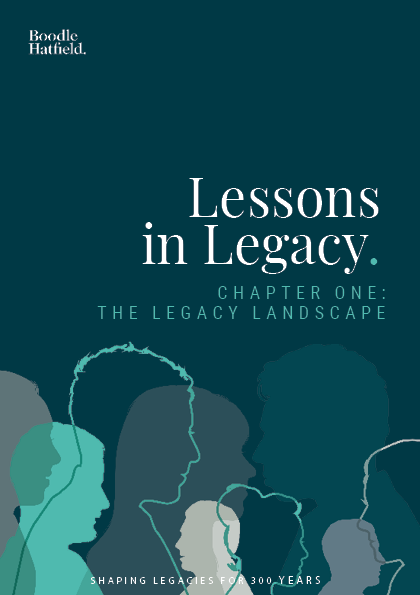This era will deploy capital estimated at around $68 trillion to the succeeding generation and is undoubtedly a time of significant change.
Not least because we know that alongside this immense generational shift, the priorities of families – who have been working hard to steward a legacy from this generation to the next – are changing.
Wealth preservation is no longer the sole focus
A generation facing a climate crisis, pandemic disease and conflict are likely to approach wealth transfer discussions from a different standpoint – with the roles of philanthropy and entrepreneurship taking a different shape for a succeeding generation compared to their predecessors.
These shifting horizons are reshaping the wealth management industry and as such, UHNW and HNW families need to strategise wisely, keeping governing generational structures and policies under review, ensuring they are fit for any altered purpose.
Last year, we carried out a study amongst our network of advisers active in the private wealth space and found that wealthy families are increasingly considering not passing on the majority of their wealth to the next generation.
44 percent of advisers reported that their clients had considered not passing most of their capital to their children – a trend that mirrors worldwide philanthropic movements from the likes of Jeff Bezos and Bill Gates, where the vast majority of wealth is committed to charitable causes during their lifetime or through wills. Highlighting that wealth preservation is no longer the sole focus of wealthy families.
The role of the trusted adviser
With this new mindset, the matriarchs and patriarchs within wealthy families need and want the wealth management industry to be able to advise more effectively on wealth distribution strategies.
Against the backdrop of changing attitudes and behaviours, advisers need to come to the table without preconceptions regarding legacy, recognising the opportunity to act as a bridge between the different generations of a family to enable effective communication and to carefully traverse any inter-generational difference in approaches to wealth management.
With a move towards greater wealth distribution, 68 percent of advisers reported that their clients had amplified their gifting to charities and philanthropic ventures over the last 12 months. The findings reaffirm that philanthropy is increasingly a key concern for families.
Whether due to a desire – as identified by Warren Buffet – to give the next generation a genuine range of choices, as part of legacy building, or a personal bond to a particular cause, responses to our survey point to a notable increase in interest in giving in the last year. Beginning the philanthropic journey can help many clients begin to unlock and create a clearer sense of purpose in connection with the wealth. The key is taking the initial step, even if it’s starting small. More efforts are needed to help encourage philanthropists to give.
ESG & impact investing is front of mind
Given the wider societal conversation around ESG, it is perhaps not surprising that respondents confirmed that there is a growing desire to create a better future. Two thirds of respondents specified that around a third of their clients were concerned with ESG when it comes to future wealth planning.
It is increasingly recognised that ESG can contribute to long-term financial performance, whilst mitigating against broader societal risks, and every business needs to assess their success against ESG metrics.
However, knowing where to begin, who to trust and how to measure true impact from an ESG perspective remains incredibly challenging. Cynicism and scepticism still prevent many from embarking on meaningful change.
Our findings clearly show that more individuals and families want to critically assess whether their investments are truly contributing towards a greater and more sustainable future and, furthermore, that ESG is becoming increasingly embedded within wealth transfer and in turn reshaping what clients need from the wealth management industry.


